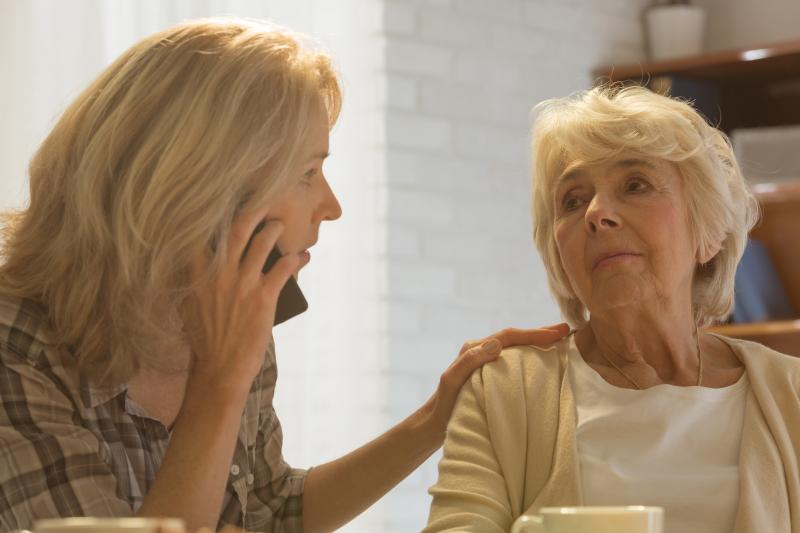
Losing independence in activities of daily living (ADL), particularly in terms of personal care, appears to negatively affect the mental health of elderly adults, a recent study has shown.
Researchers conducted a retrospective cohort analysis of 104,716 elderly adults who completed the Medicare health outcomes survey. Six ADLs were assessed in this questionnaire: bathing, dressing, eating, getting in or out of chairs, walking, and toileting. Mental health was evaluated using the Veterans RAND (VR-12) questionnaire.
Over the follow-up period, 17.7 percent lost their independence in walking and 12.3 percent became dependent on others for getting in and out of chairs. Moreover, 8.5 percent, 6.5 percent, 5.1 percent and 3.6 percent loss independence in bathing, dressing, toileting and eating, respectively.
Baseline Mental Component Summary (MCS) scores for participants who had to be dependent on others for their ADLs ranged from 43.5–51.7, while scores for those who remained independent were 52.7–54.9.
Linear regression found that loss of independence in any ADL correlated with a significant drop in mental health: bathing (coefficient, –2.6, 95 percent confidence interval [CI], –2.2 to –3.0), dressing (coefficient, –1.1, 95 percent CI, –0.7 to –1.5), eating (coefficient, –2.9, 95 percent CI, –2.3 to –3.4), getting in or out of chairs (coefficient, –0.6, 95 percent CI, –0.4 to –0.9), walking (coefficient, –0.7, 95 percent CI, –0.5 to –0.9), and toileting (coefficient, –1.4, 95 percent CI, –0.9 to –1.9).